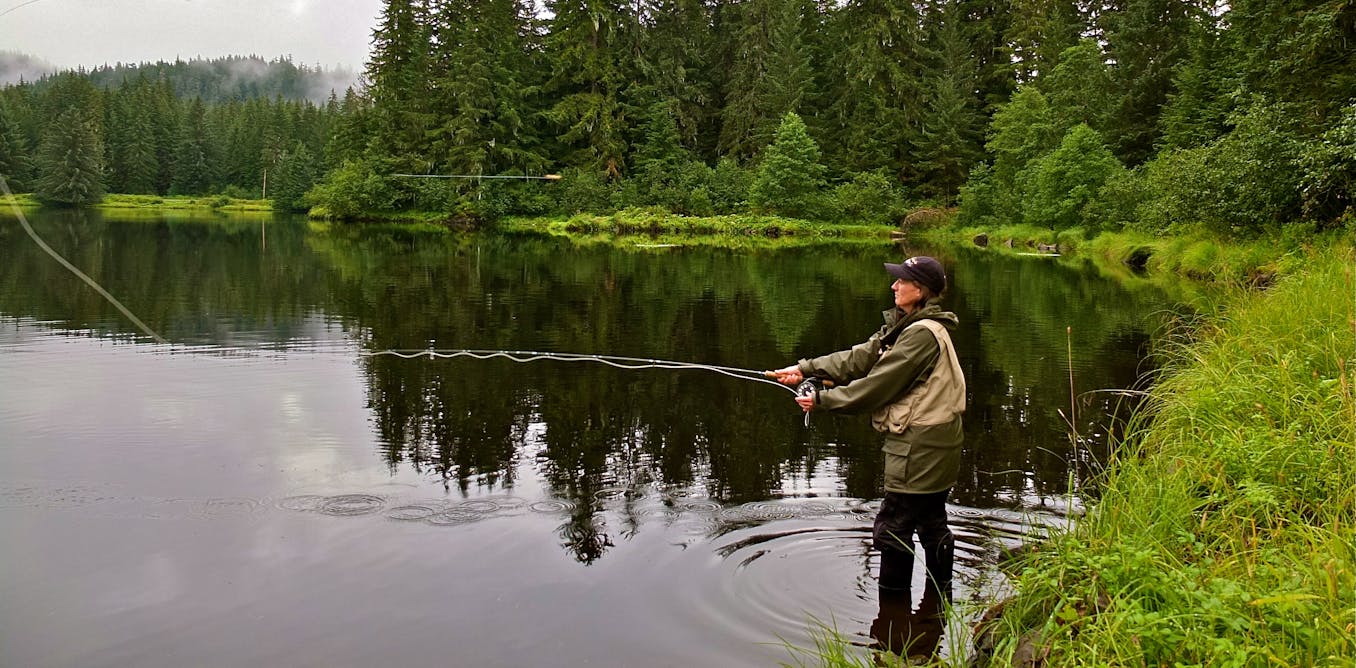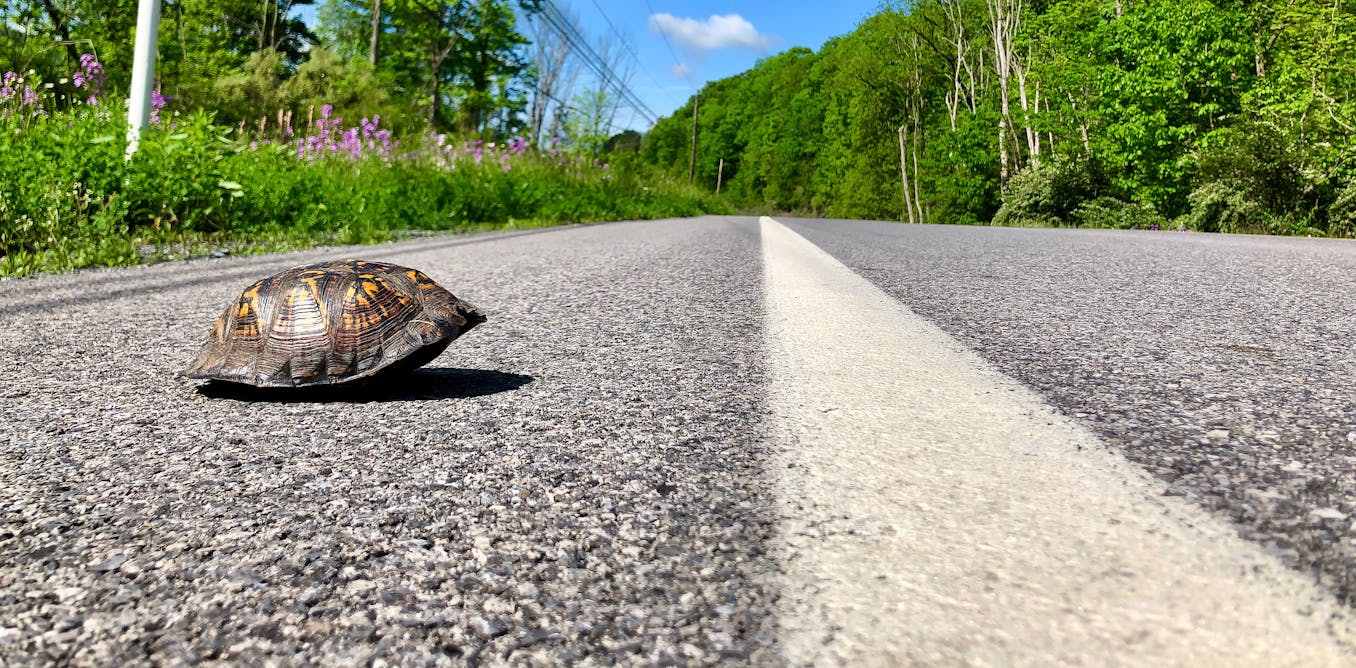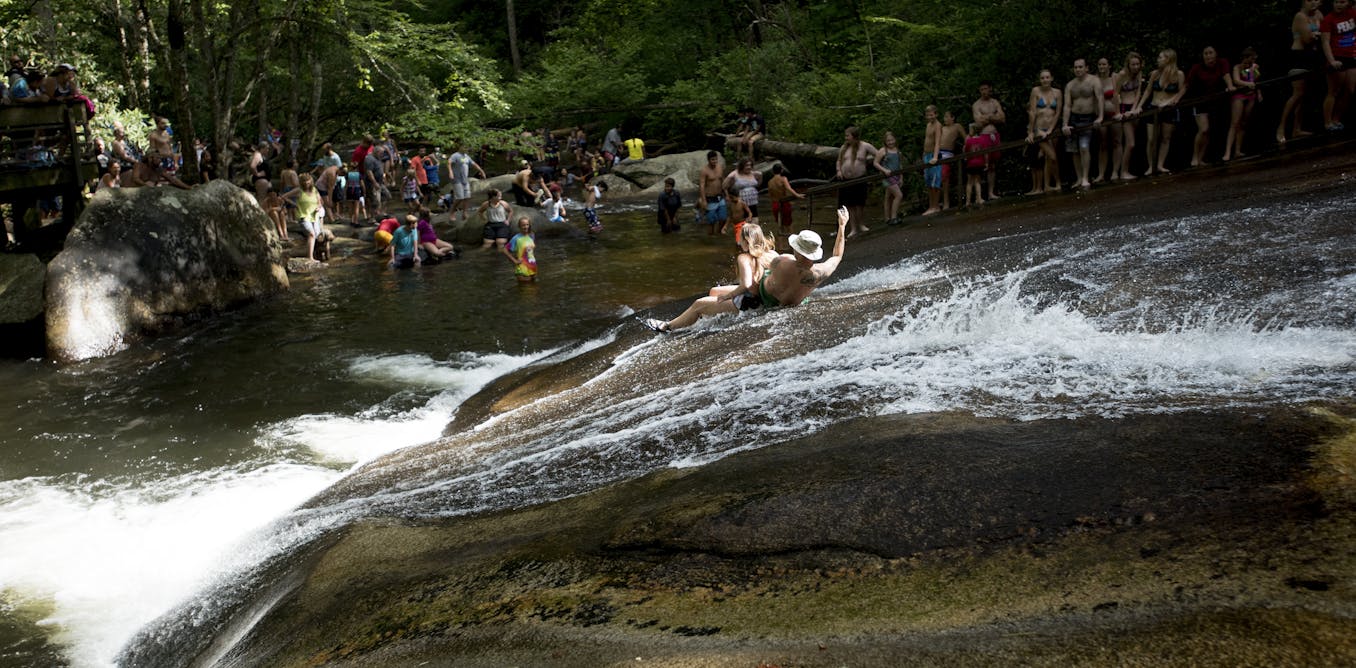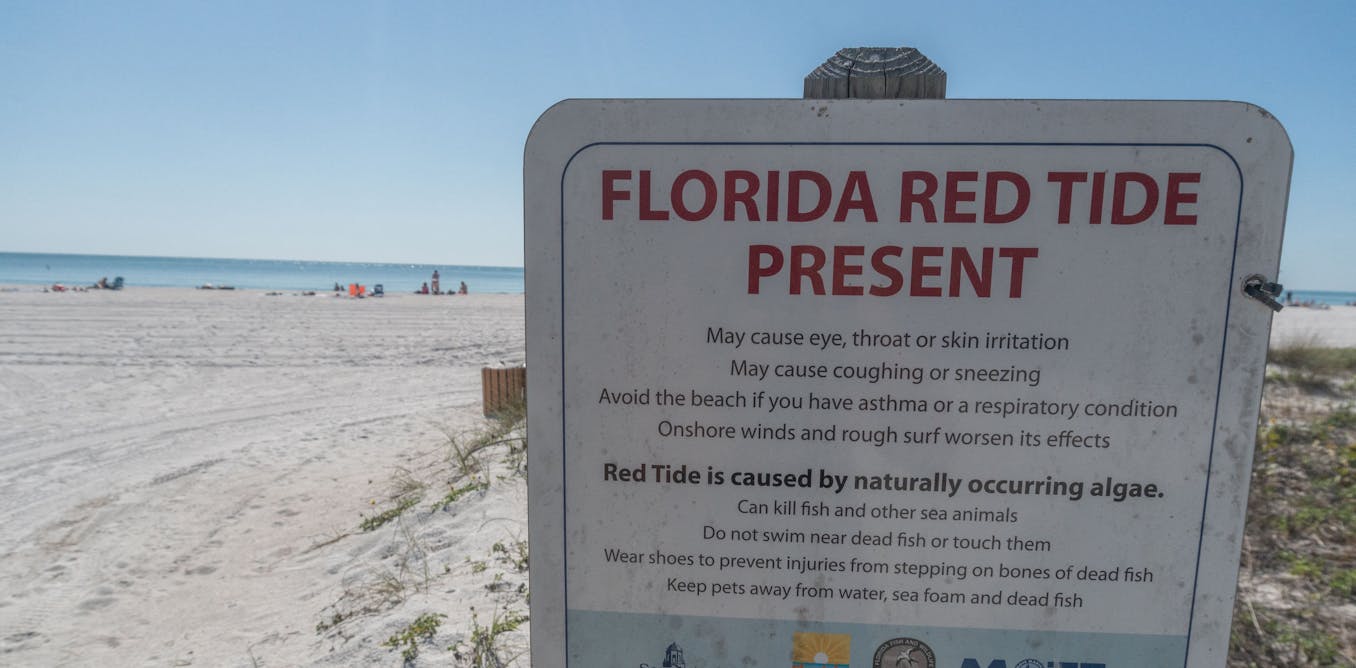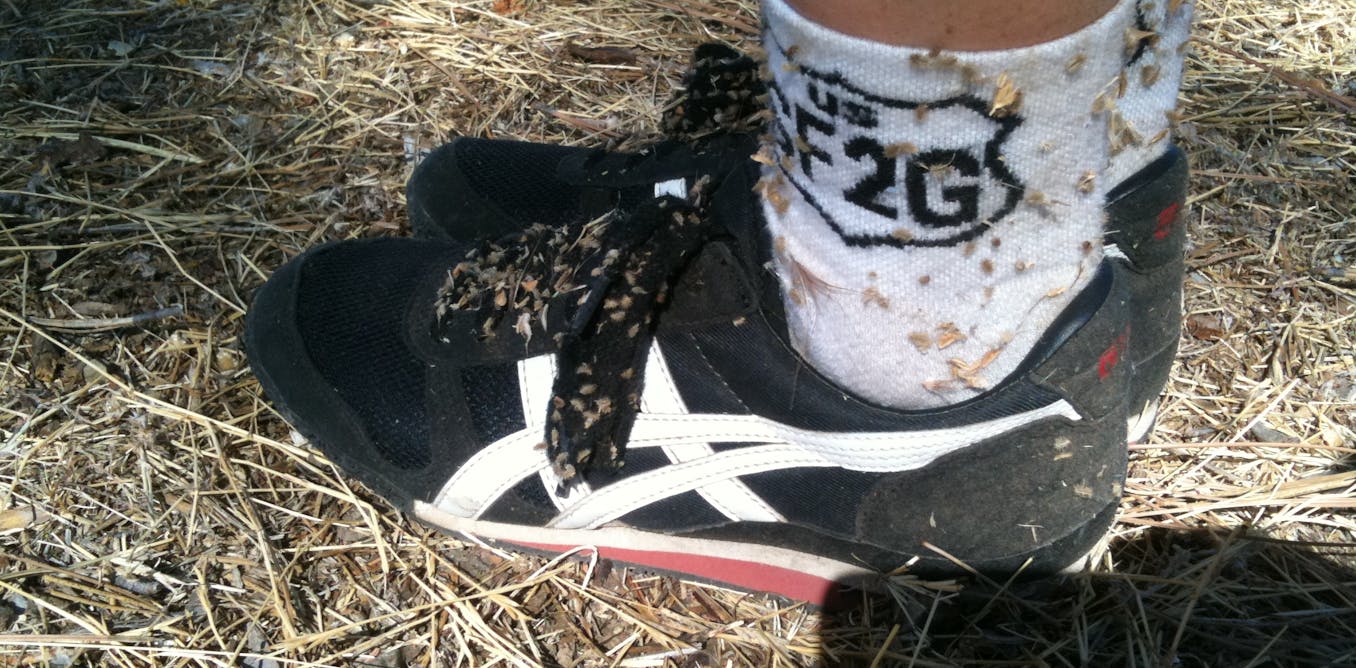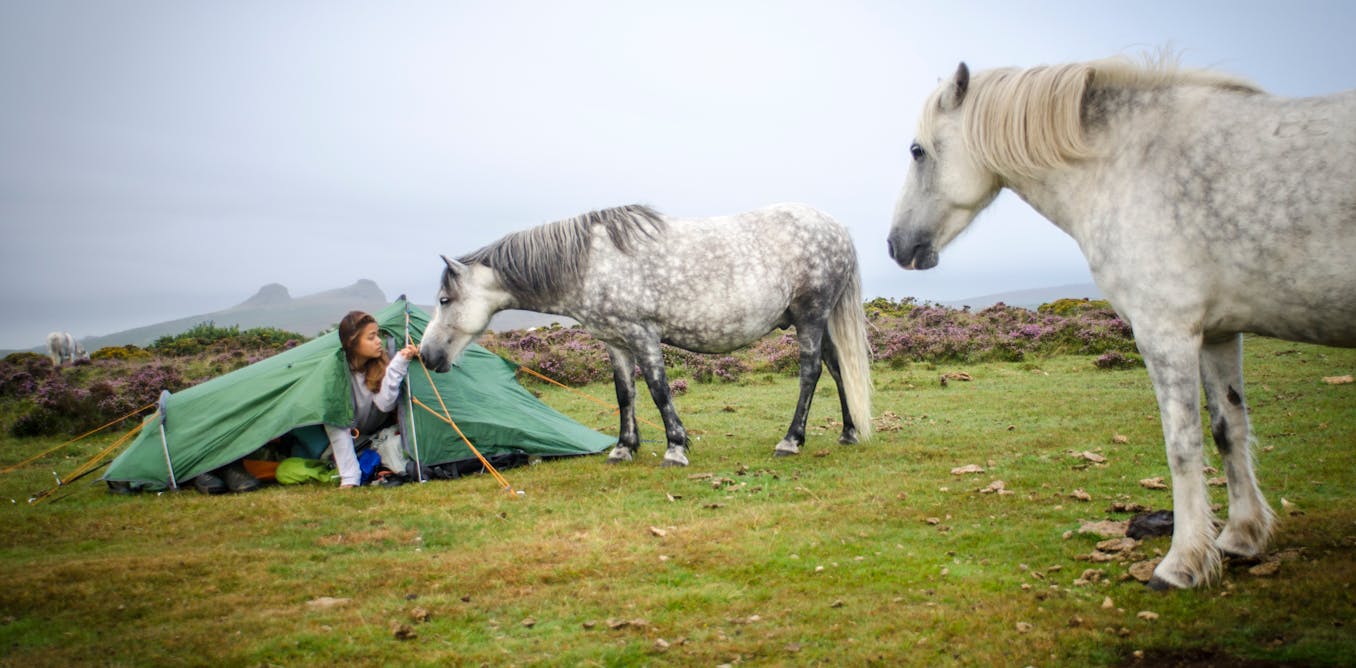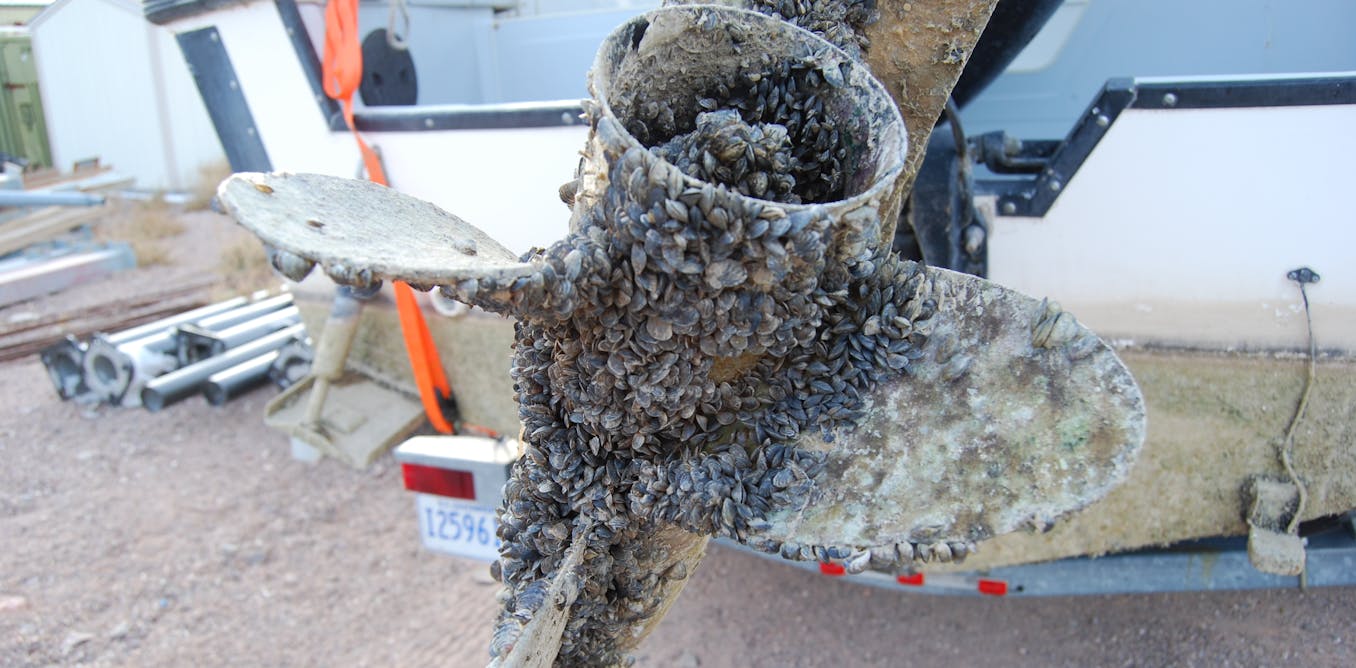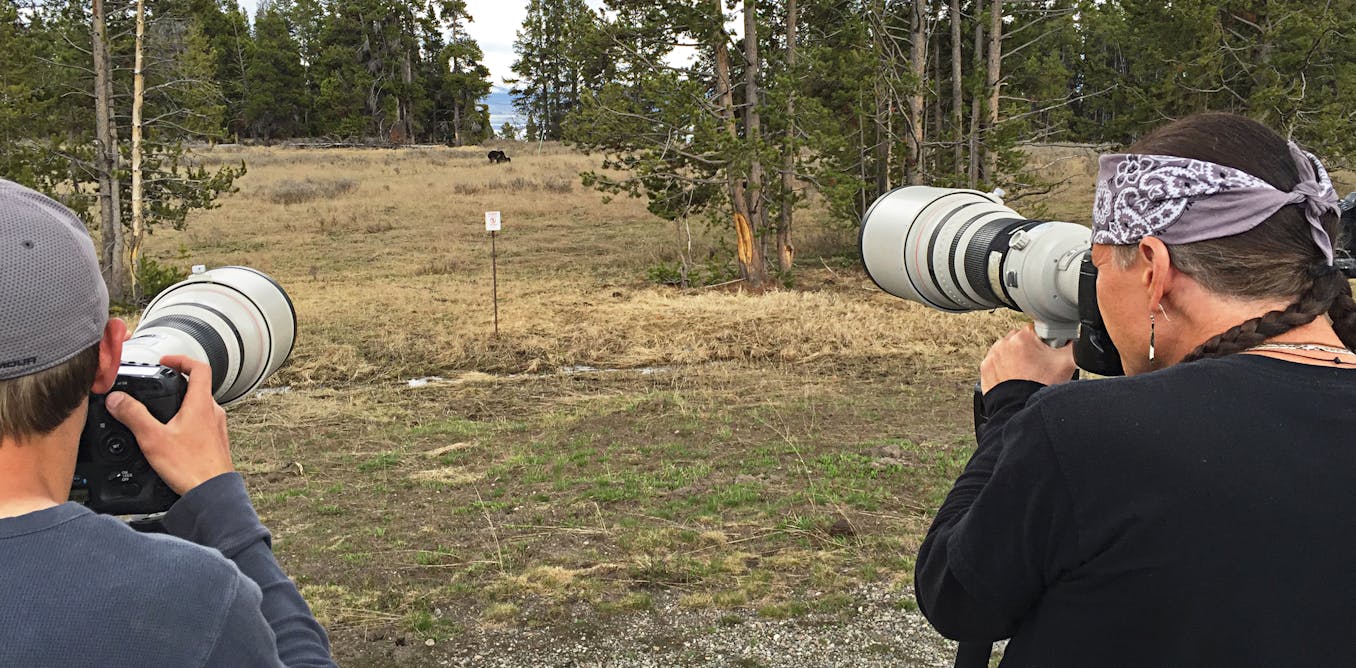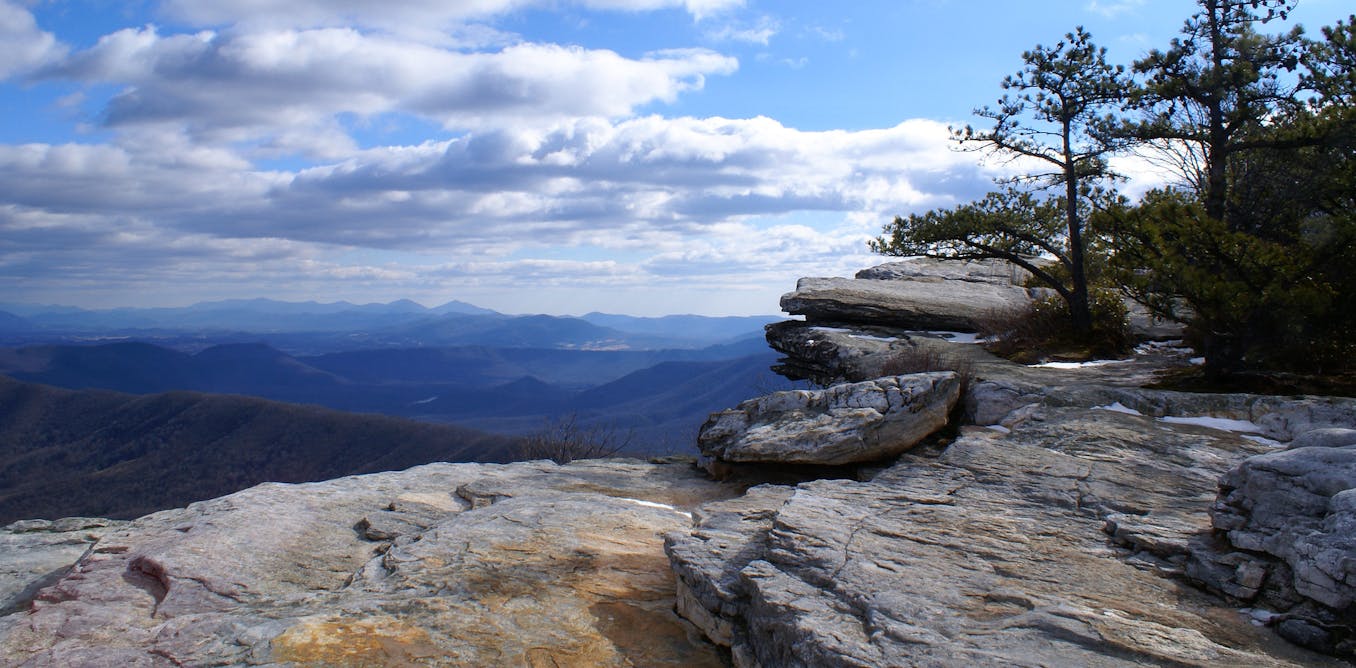What social change movements can learn from fly fishing: The value of a care-focused message
Founded in 1959, the membership group Trout Unlimited has changed the culture of fly-fishing and mobilized members to support conservation. Could its approach work for other social problems?
Aug. 28, 2023 • ~9 min

